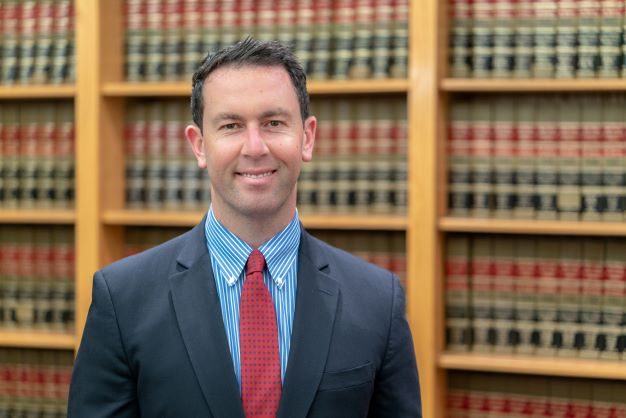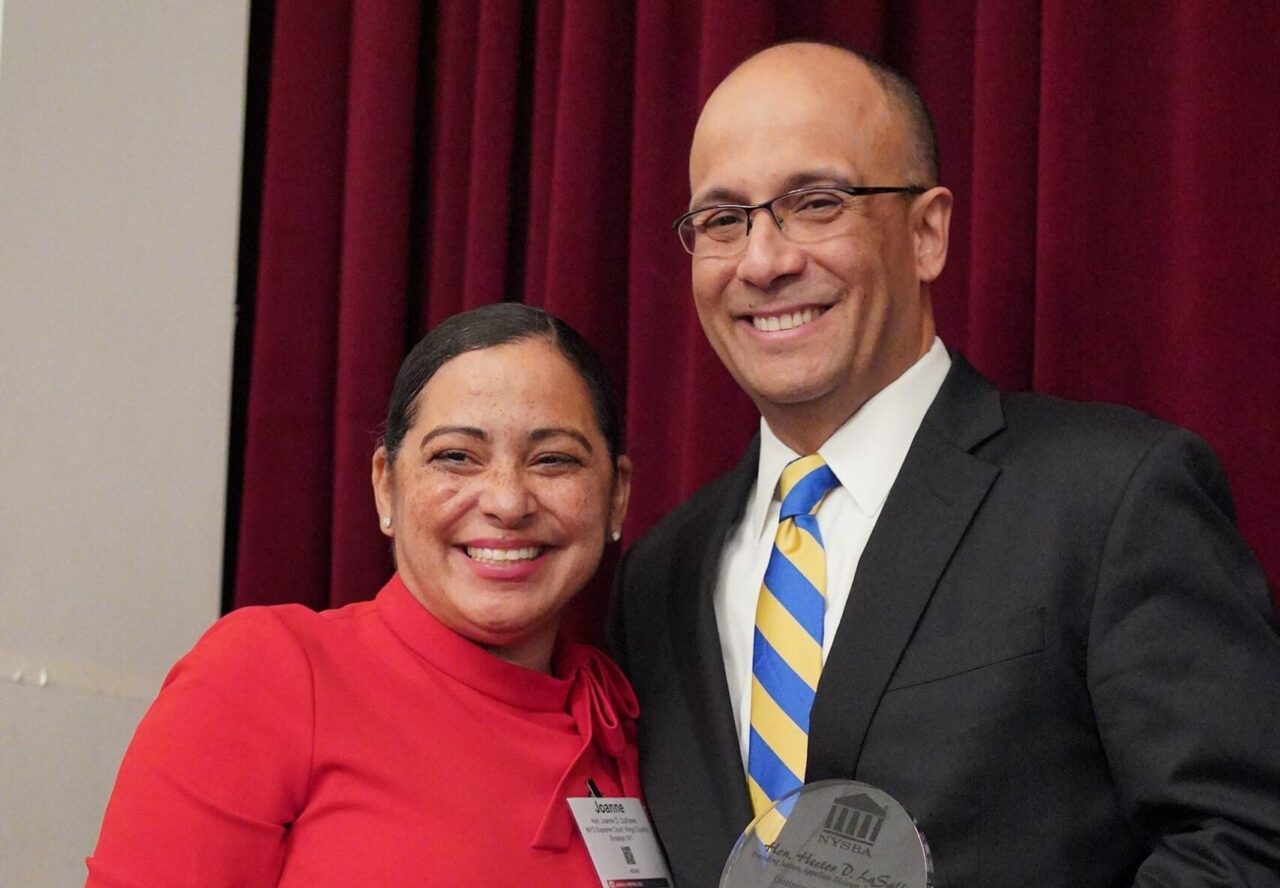As Joint Dispensaries Begin To Bud in NY, Lawyers Focus on Regulations
1.24.2023
New York’s first recreational marijuana dispensary opened in Manhattan in late December nearly two years after historic legislation was passed that legalized adult cannabis use and allowed for the implementation of a regulatory framework for the production, licensing, packaging, marketing and sale of cannabis.
As has been the case throughout the entire process, the New York State Bar Association’s Cannabis Law Section has been at the forefront of keeping its members informed of new developments.
During NYSBA’s Annual Meeting on Jan 19, the Cannabis Law Section took a deep dive into New York’s proposed regulations over the course of four hours of in-person presentations and panel discussions. At one point during the panel discussion on regulations, Axel Bernabe, chief of staff for New York’s Office of Cannabis Management (OCM), chimed in from the audience and asked if he may expand on a point pertaining to joint dispensaries and licensing.
The response was one you’d only expect to hear at a Cannabis Law Section event: “Dude, let’s talk it out,” said the moderator, Aleece Burgio, general counsel and strategic adviser at MJI Solutions in Buffalo, and a former section chair.
And talk it out they did with a panel on regulations that included Dasheeda Dawson, founding director of Cannabis NYC and Patricia Heer, deputy counsel of OCM.
“As lawyers, I don’t have to tell you the importance of thoroughness, completeness…” said Heer in reference to the nearly 300 pages of adult cannabis use draft regulations that advanced to a minimum 60-day public comment period late last year.
The comment period is expected to close in mid-February at which point OCM is required to evaluate public comments and republish the regulations if the office makes substantial changes to the substance of them. OCM was established upon passage of the Marijuana Regulation and Taxation Act in March 2021.
Adult-Use Regulations
The regulations outline the rules licensees must follow when conducting cannabis operations in New York State. The regulations are designed to promote public health and safety and establish an equitable, consumer-driven adult-use cannabis market.
Additionally, according to the OCM officials, the regulations attempt to create a framework grounded in public health best practices, such as keeping cannabis products out of the hands of youth, establishing product quality and safety guidelines, outlining employee training standards and defining business security requirements to protect public safety. The regulations will also incentivize sustainable cannabis operations that protect against harmful energy intensive methods or wasteful practices.
Altogether, the regulation package sits at 282 pages and outlines:
· The application and license selection and renewal process
· The role municipalities play in regulating cannabis businesses
· Key social and economic equity program provisions including identification and
prioritization
· Environmental and sustainability standards
· Ownership and true party of interest prohibitions
· General business operating requirements including security, record keeping, and
transportation
The experts explained that these regulations also outline criteria for identifying social and economic equity and detail targeted opportunities for minority and women-owned businesses, disabled veterans and distressed farmers, as well as individuals from communities that were disproportionately impacted by the previous era of cannabis prohibition.
In addition, there are separate regulations governing packaging, labeling, marketing, advertising, laboratory permitting, oversight and testing of adult-use cannabis. They include requirements for child-resistant packaging and labeling that identifies products as containing cannabis with THC, limiting marketing to adult-only audiences and the rules for establishing testing procedures to ensure products are safe for consumption.
Legacy Market
Dawson explained that nearly 300 pages of regulations can be daunting, especially for the “legacy cannabis market” i.e., those who have been selling marijuana long before it was legalized. She says she’s placed an emphasis on “breaking down” those 300 pages of regulations in a way that can help encourage legacy operators to become licensed operators.
Another panel discussion during the Cannabis Law Section’s four-hour event at Annual Meeting focused on developments in cannabis litigation featuring Richard Trotter, partner at Feuerstein Kulick in New York; James K. Landau, a partner at Prince Lobel Tye in New York; and Elinor C. Sutton, a partner at Quinn Emanuel Urquhart & Sullivan in New York and Dallas.
And another panel discussion focused on the perspectives of cannabis operators in New York – Kellie Rivera, senior counsel at Columbia Care in Boston; Mack Hueber, CFO of Beak & Skiff in Lafayette, N.Y.; and Kaelan Castetter, managing director of the Castetter Cannabis Group in Binghamton.
Bernabe, chief of staff for OCM, began the day with a presentation on true party of interest and how to create a genuinely fair and competitive brand-new marketplace.






